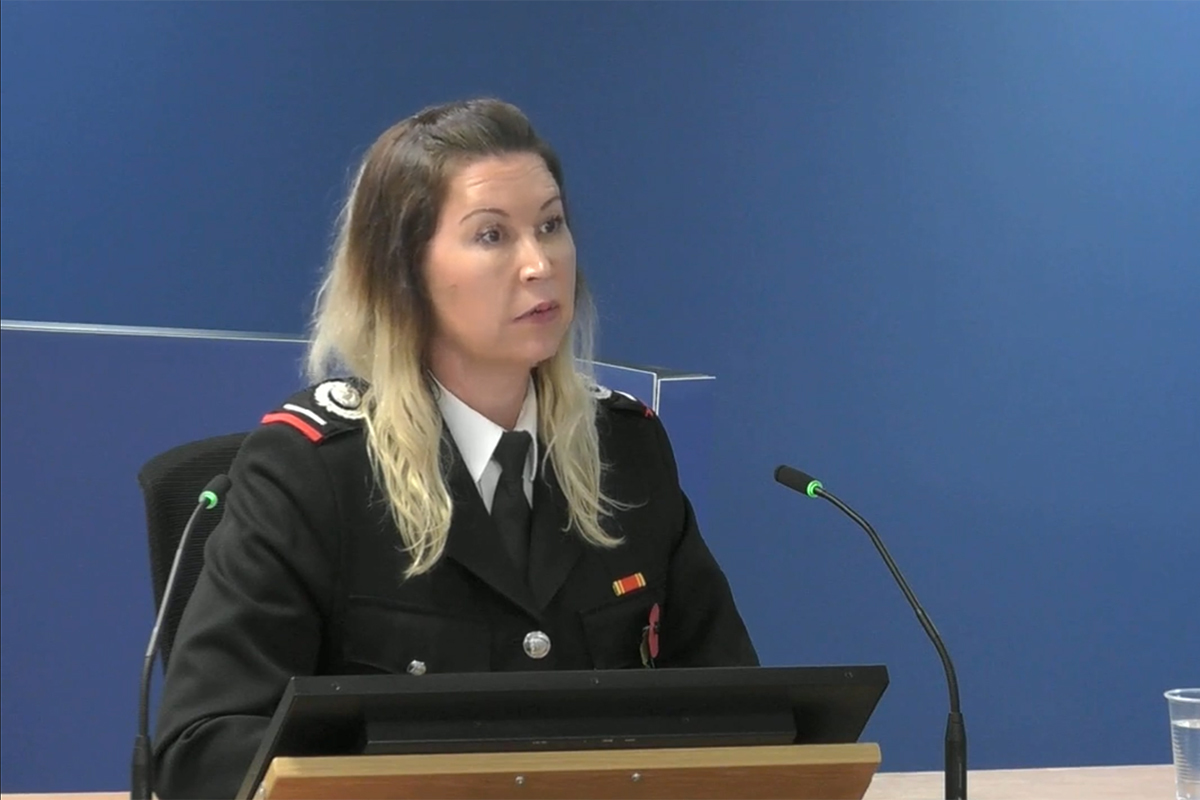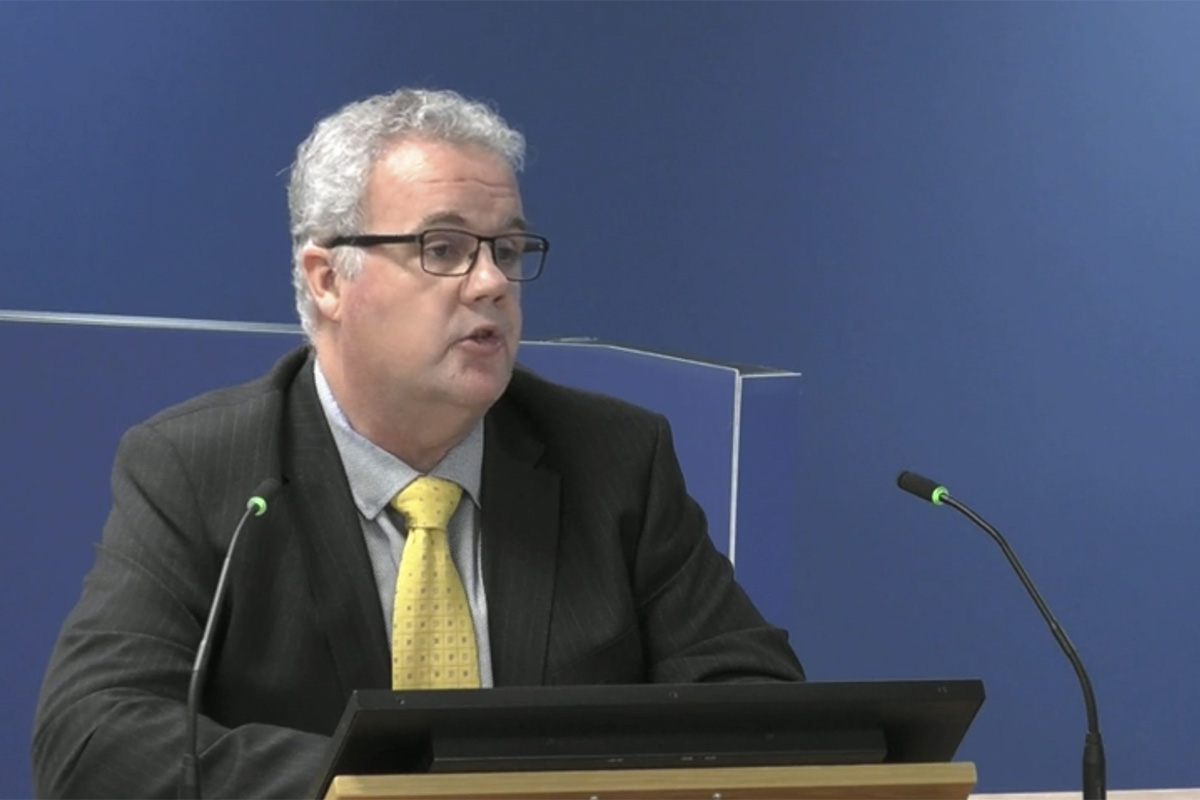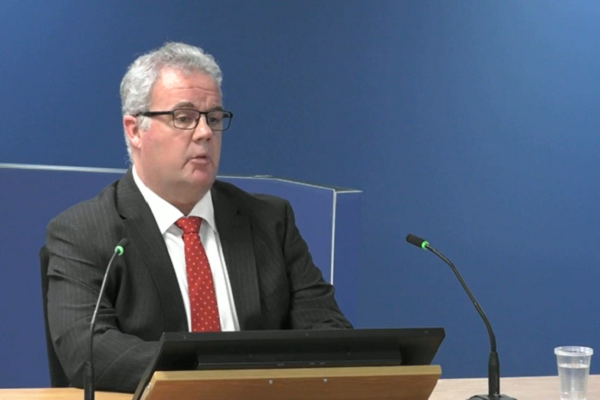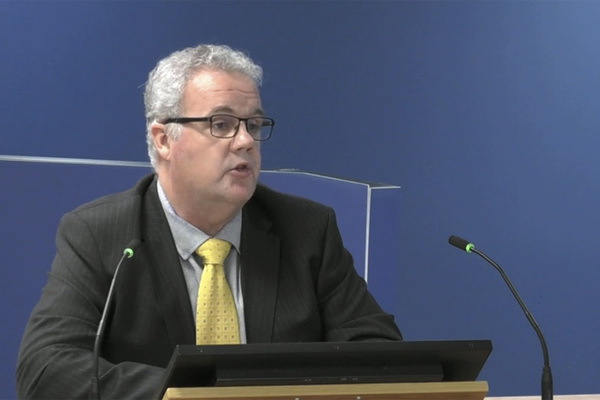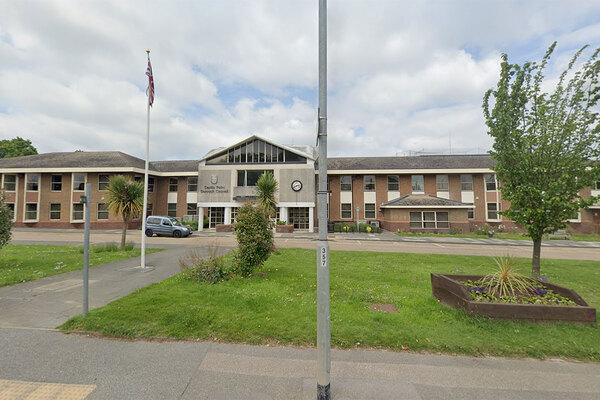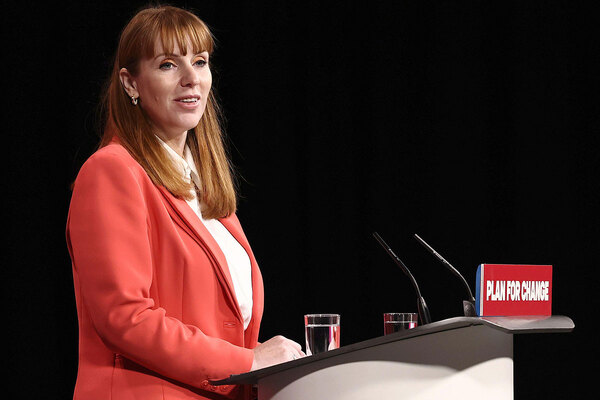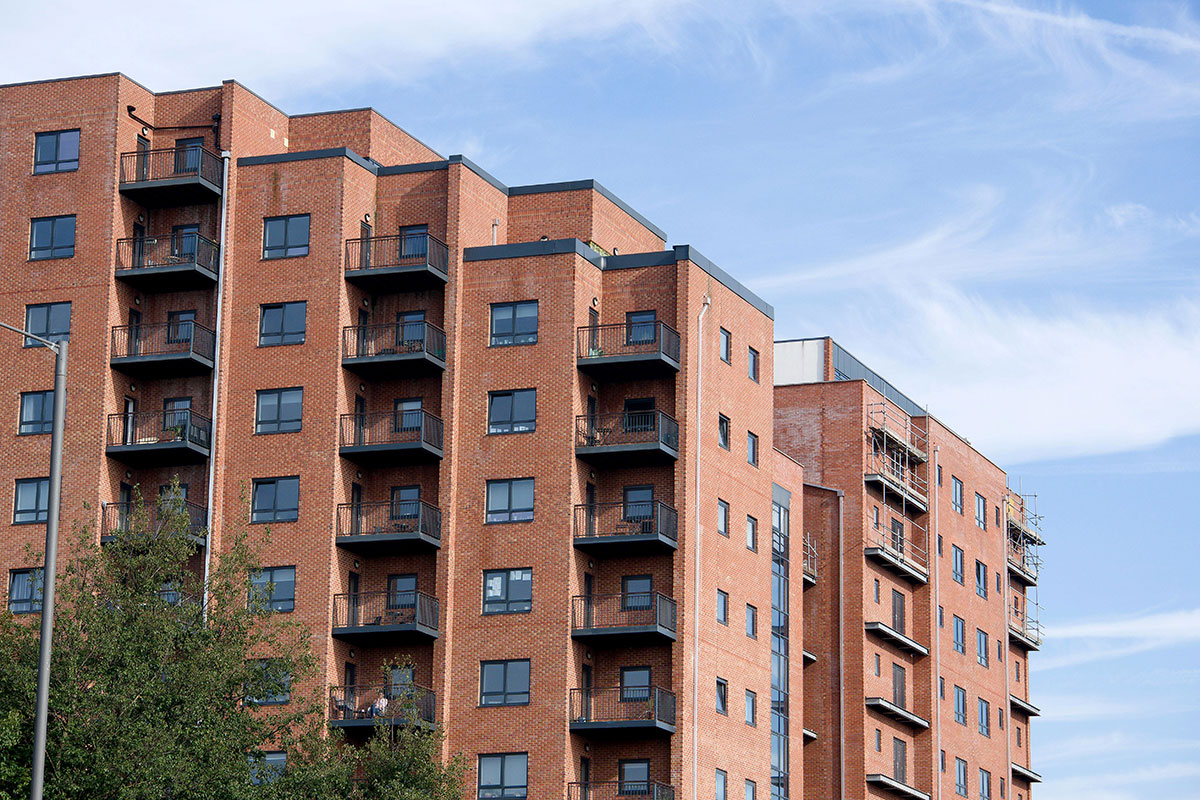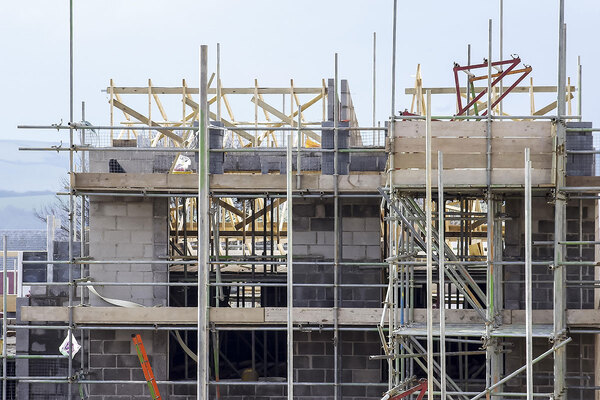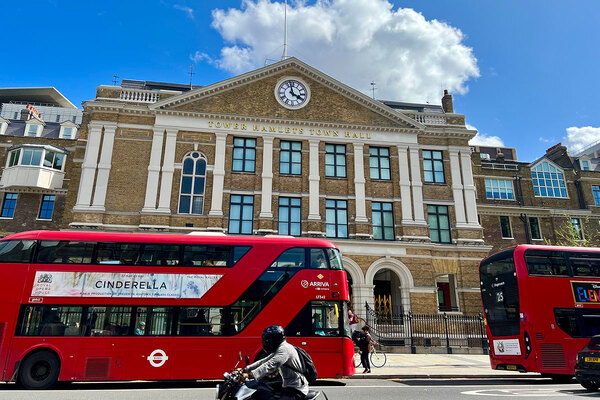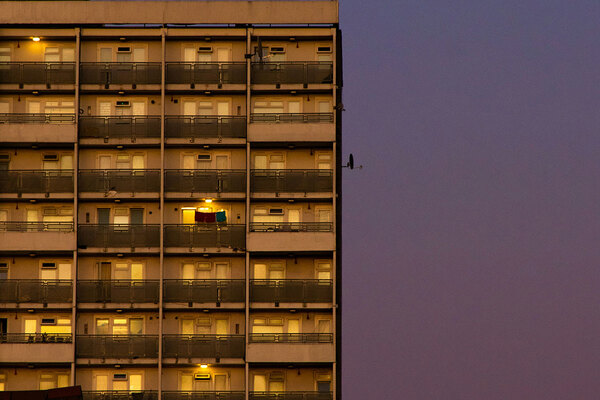You are viewing 1 of your 1 free articles
Time pressure and staff ‘deficiencies’ made some LFB training ‘unachievable’, says manager
Time pressure and staff deficiencies within the London Fire Brigade’s (LFB) control room meant some training for those responsible for handling calls with residents trapped in buildings was at times “unachievable”, the Grenfell Inquiry has heard.
Joanne Smith, a senior operations manager within the LFB, described to the Grenfell Inquiry this week how various pressures on control room staff sometimes made it difficult to deliver all training needs.
The conversation largely focused on training for fire survival guidance (FSG) calls, which are calls where a member of control staff stays on the line with a person trapped in a burning building to give advice on things such as smoke inhalation.
This week the inquiry has heard that the LFB promised to implement an annual refresher training programme for FSG calls in 2010 following the Lakanal House fire in 2009. Six residents died during this fire after being told by control room staff to stay put in their flats.
However, this training did not always meet the criteria promised to the coroner responsible for the Lakanal fire inquest. The Grenfell Inquiry heard earlier this week during an evidence session with Ms Smith’s manager, Scott Hayward, that no control room staff received refresher training on FSG calls in 2015.
Meanwhile, just 45% of staff received training in 2016 and 32% received training in 2017. However, Mr Hayward confirmed that no refresher training took place in 2017 in the month before the Grenfell Tower fire in June of that year.
Today Ms Smith told the inquiry that it became impossible to facilitate all training for control room staff for a period when she rejoined the LFB from secondment in 2015.
This was because the regular four-hour training slot that had been allocated to control room staff for things such as FSG training as part of shift patterns had been reduced to two hours in order to accommodate other training needs.
Ms Smith said this reduction, as well as “staffing deficiencies”, made it “unachievable to facilitate all the training in that period”.
Mr Hayward told the inquiry on Wednesday that the lack of training in 2015 and the preceding years was also due to the LFB transferring IT systems, which was a lengthy process that ended up occupying a lot of the control room staff’s time.
Today Ms Smith said that from the beginning of 2015 until the end of 2016 the work she had to undertake as part of the IT system transfer was “all consuming”.
This week the inquiry has heavily focused on the LFB control room staff’s response to the Lakanal House fire and whether the lessons learned from the fire were properly integrated into policy and training.
On Monday it was revealed that the LFB failed to send a letter it drafted to the government which outlined how national policy should be changed following the LFB’s investigation into the Lakanal fire.
Today Ms Smith, who helped draft the letter, said she was “disappointed” that the letter was never sent, but said she was never given an explanation as to why that decision was taken.
At the time it had been more than 10 years since the national guidance for control room staff had been updated and Ms Smith said “a lot had moved on” and that “technology had changed” since then.
Ms Smith said it was originally intended that the letter to the government would recommend it revised national guidance to provide further information on call-handling techniques during an FSG call. As well as including fire safety advice for different types of buildings, flagging high-rise buildings as a particular example.
Phase one of the inquiry into the night of the fire found “serious shortcomings” within the control room, including the failure of staff to tell residents to leave the building and offering assurances that they would be rescued.
The inquiry continues on Monday.
Sign up for our weekly Grenfell Inquiry newsletter
Each week we send out a newsletter rounding up the key news from the Grenfell Inquiry, along with the headlines from the week
Already have an account? Click here to manage your newsletters
